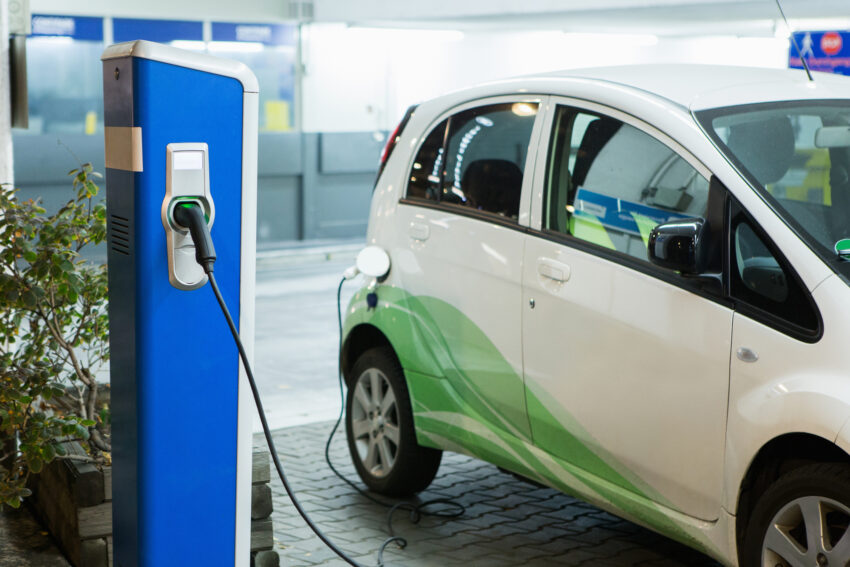
Free parking and VAT cut considered as new incentives to buy electric cars
Free parking and a VAT cut on electric cars are being considered by ministers as Boris Johnson prepares to ban the sale of new combustion engine models within a decade.
A report commissioned by the Department for Transport said that a series of “upfront incentives” were needed to drive up the sale of new electric vehicles.
The study said additional financial support to buy a battery-powered car was “one of the most effective and popular levers” the government could adopt.
It suggested that cutting the VAT rate for electric cars and, in turn, penalising those who buy petrol or diesel models was popular with potential buyers.
It said that other incentives, including free use of public car parking spaces, could have a “positive impact” at least in the short to medium term. Some councils already offer either free or cheaper parking for electric vehicles.
The 239-page report called for a compulsory price-labelling standard that emphasises the real ownership cost of an electric car rather than simply the upfront purchase price, as well as incentives for petrol stations and other businesses to install charging points.
Last night, the DfT confirmed that it was “actively considering” the proposals.
Ministers are preparing to announce that the ban on sales of new petrol and diesel cars and vans will be brought forward from 2040 to 2030. Mr Johnson is expected to confirm the new target as early as next week as part of a strategy to achieve net zero carbon emissions in the UK by the middle of the century.
The DfT commissioned a report into “accelerating the adoption of electric vehicles”. The study, by the Behavioural Insights Team and the Transport Research Laboratory, independent research groups, said that “providing some form of financial support to make it easier to afford” an electric vehicle (EV) was “one of the most effective and popular levers policymakers can adopt”.
It suggested that VAT charged at 20 per cent could be cut, mirroring some European countries. It would be worth up to £5,600 off the price of an average family-sized electric car. The government already provides a £3,000 grant towards the purchase of pure battery-powered cars.
The DfT said it was “considering the report’s recommendations”, saying it would “inform our future policies on electric vehicle uptake”.
Ed Birkett, research fellow at the Policy Exchange think tank, said a proposed VAT cut would be unrealistic. In a recent report, he called for the creation of a California-style “zero emissions mandate” — a requirement on manufacturers to sell an increasing number of green cars as a proportion of overall sales each year.
“Norway has shown that lower VAT and free parking for EVs increases sales,” he said. “However, these policies are expensive and probably aren’t affordable at the moment. Unlike government subsidies, a zero-emission vehicle mandate harnesses market competition to reduce the cost of moving to EVs.”